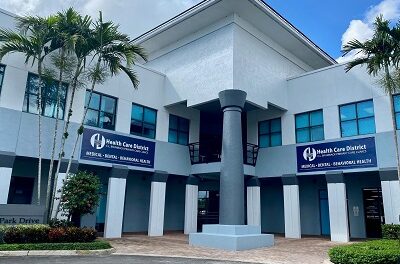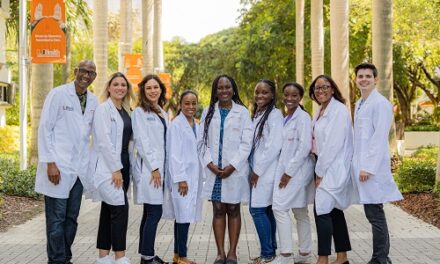June 23, 2021 – This Saturday, as part of its virtual “Discover ALZ” program series, the Alzheimer’s Association will bring together professionals from across the state of Florida to focus on brain health in the Black community.
Sponsored by AARP “Bridging the Brain Health Equity Gap” will explore health equity, the importance of brain health and community resources.
According to the Alzheimer’s Association, older Black Americans are not only twice as likely to develop Alzheimer’s disease as their White counterparts, but they are also less likely to receive a diagnosis. Further, when they do get diagnosed, it is typically in the later stages of the disease, when their medical needs are greater.
“Although the rate of Alzheimer’s and other dementias in African Americans is much higher than in Whites, they are less likely to have a diagnosis of the condition,” said Yarissa Reyes, special guest speaker and director of diversity, equity and inclusion engagement for the Alzheimer’s Association. “Delays in diagnosis mean that African Americans are not getting treatments when they are most likely to be effective at improving quality of life, as well as taking critical steps to educate themselves on Alzheimer’s and establish support networks. As we continue to advocate for more research, programs, services and funding, we want to be sure that everyone we serve has access to all the information they need to feel empowered and confident in facing the many challenges that this disease presents.”
Another topic of discussion will be ways to reduce risk of Alzheimer’s – a subject that will be addressed by Tequesta Alston, Alzheimer’s community educator and community liaison for Brain Matters Research.
“Since African Americans have a higher incidence of cardiovascular risk factors, they may gain greater benefit from interventions that promote cardiovascular health, such as diet, exercise, and medications to treat high blood pressure or diabetes,” Alston said. “It is never too early to start taking care of your brain because even our lifestyle choices in midlife can change our risk trajectory.”
Other featured panelists will include Rev. Patricia Smith Wallace, presiding elder of the St. Petersburg District of the African Methodist Episcopal Church, and Rebecca Jacques, president of the Haitian American Nurses Association of Palm Beach.
The free program will begin at 10:30 a.m. EDT on June 26. To register, visit https://bit.ly/BrainHealthEquity or call the Alzheimer’s Association 24/7 Helpline at (800) 272-3900.



























